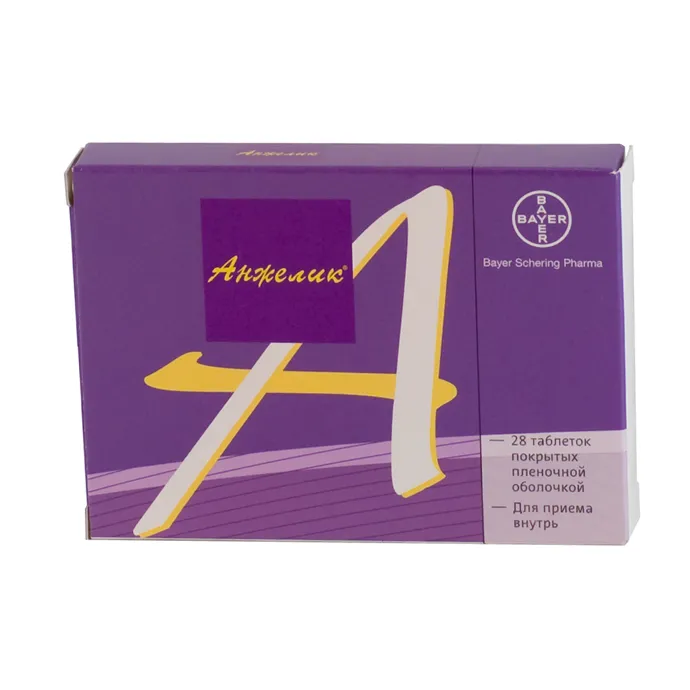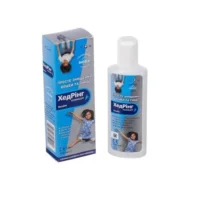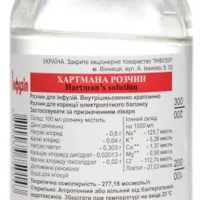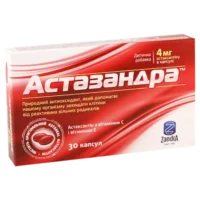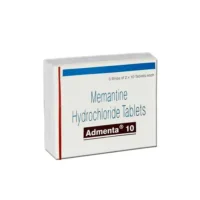Description
Anjelik (Estradiol) Coated Tablets №28
Ingredients:
Each tablet contains:
- Active ingredient: Estradiol
- Inactive ingredients: Microcrystalline cellulose, lactose monohydrate, magnesium stearate, hypromellose, etc.
Dosage:
The recommended dosage is: 1 tablet daily, preferably at the same time each day. Consult your healthcare provider for personalized dosing instructions.
Indications:
Anjelik tablets are indicated for: hormone replacement therapy in menopausal women to relieve symptoms like hot flashes, vaginal dryness, and mood swings.
Contraindications:
Do not use Anjelik tablets if you:
- Have a history of estrogen-sensitive cancers
- Are pregnant or breastfeeding
- Have a history of blood clots
Directions:
Swallow the tablet whole with water. Follow the instructions provided by your doctor for the best results. Do not crush or chew the tablet.
Pharmacological Effects:
Estradiol in Anjelik tablets acts as a synthetic form of estrogen, binding to estrogen receptors in various tissues. This hormone replacement therapy helps alleviate menopausal symptoms by restoring hormonal balance in the body.
Clinical trials have shown that estradiol therapy can effectively reduce the frequency and severity of hot flashes and improve vaginal health in menopausal women.
Scientific Evidence:
Research published in the Journal of Menopause demonstrated the efficacy of estradiol in managing menopausal symptoms. The study highlighted a significant improvement in quality of life and symptom relief in women using estradiol therapy compared to a control group.
Another meta-analysis published in the Journal of Clinical Endocrinology & Metabolism concluded that estradiol therapy is superior to placebo in reducing menopausal symptoms and improving overall well-being.
Additional Information:
It is important to discuss the risks and benefits of hormone replacement therapy with your healthcare provider before starting Anjelik tablets. Regular follow-ups and monitoring are essential to ensure the therapy is safe and effective for your individual needs.
Store Anjelik tablets in a cool, dry place away from direct sunlight. Keep out of reach of children and pets. Do not use the tablets past the expiration date printed on the packaging.

